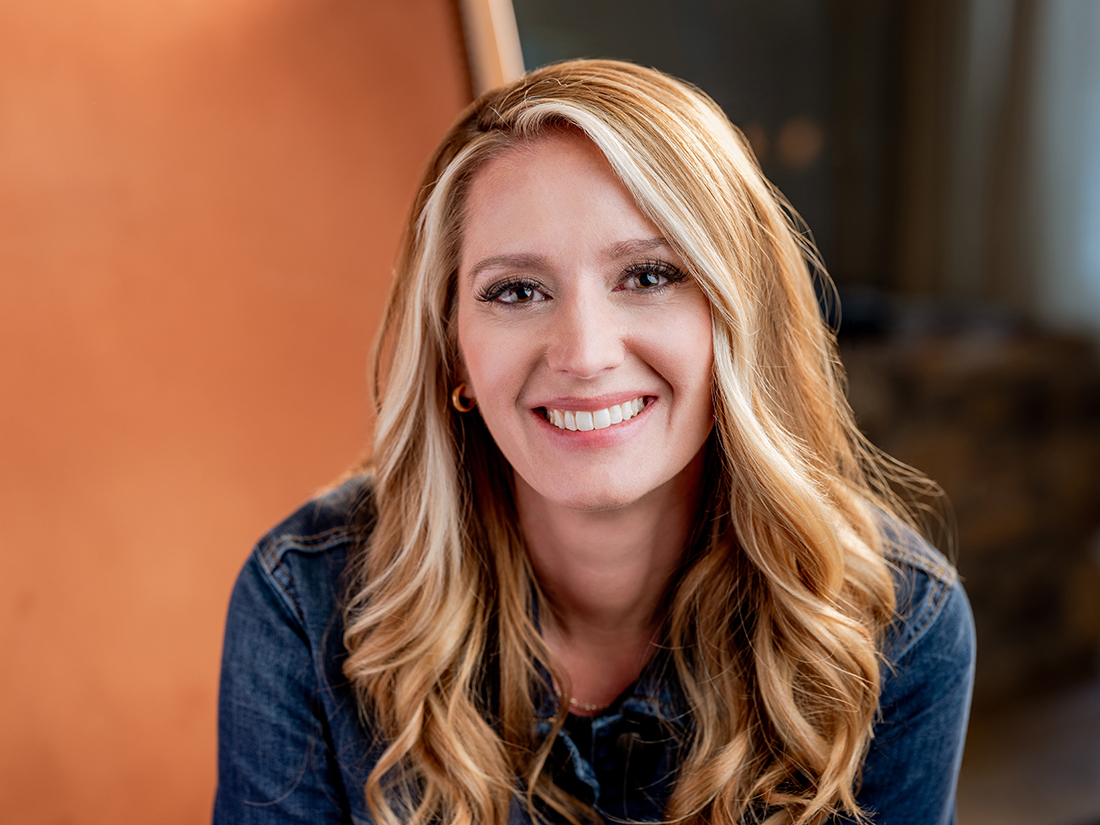
Is it true that our relationship with money is a direct reflection of our parents’ or guardians’ attitudes toward finances? This question was posed to me at a conference several years ago, and it has stuck with me. While it seems obvious that our childhood experiences play a significant role in shaping our behaviors as adults, their profound impact on our financial goals, decisions, and how we think about money is certainly something I underestimated.
How our past influences our relationship with money
Growing up, my parents’ views on money were starkly different. My mother enjoyed the hunt for a good deal, proudly discovered ways to use coupons and believed in saving for a rainy day. On the other hand, my father believed in the value of a reputable brand, prioritized quality over quantity and cherished unique experiences. Growing up with consumer models that were complete opposites was certainly confusing for me as a child, but it imparted valuable lessons on the importance of both saving and investing, as well as the power of choice.
The concept of choice has become a recurring theme in my financial journey. So, I wondered: How has the psychology of money influenced my decisions (both big and small) and how might I improve my financial success in the future?
The psychology of money on financial decisions
I am not a financial expert by any means. However, I am constantly trying to improve all aspects of myself and seek to identify where I might remove roadblocks to achieve greater success. Pondering this triggered a deep dive into my psychology with money.
I asked myself:
- Do I have an abundant (plentiful) or scarcity (frugal) mindset when it comes to saving/spending/investing/donating?
- What childhood experiences, memories and stories have influenced these mindsets?
- Looking back, how have my finances been positively or negatively impacted by these deeply ingrained mindsets?
- Where do I need to let go of the past and shift my personal narrative to cultivate a more robust financial future?
By unraveling the threads connecting childhood and financial decisions, I gained valuable insights that will empower me to make intentional choices, ultimately shaping a more secure and prosperous financial future. And maybe even more importantly, as a parent, I am evaluating the experiences and lessons that I may have imparted on my children regarding money, and how those lessons may need to change.
This exercise required both self-reflection and examination of past experiences. It was truly transformative for me, and I hope it will be for you, too.
Amy Somerville, CEO of SUCCESS Enterprises
Photo by Mike Davello




